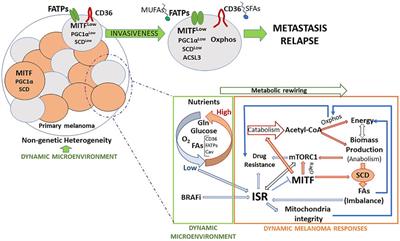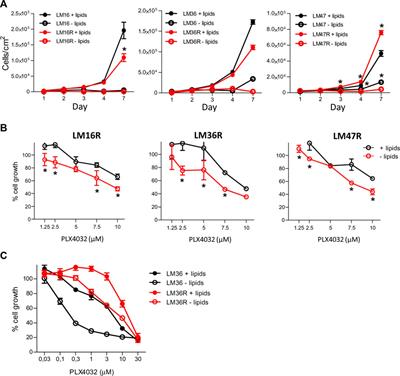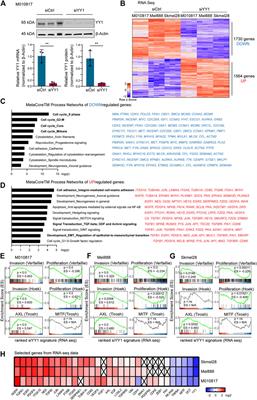EDITORIAL
Published on 01 Mar 2023
Editorial: Cell stress responses and metabolic reprogramming in skin diseases
doi 10.3389/fcell.2023.1171812
- 832 views
5,457
Total downloads
18k
Total views and downloads
EDITORIAL
Published on 01 Mar 2023
REVIEW
Published on 15 Jul 2022

ORIGINAL RESEARCH
Published on 13 Jul 2022

ORIGINAL RESEARCH
Published on 26 May 2022

ORIGINAL RESEARCH
Published on 10 Aug 2021

